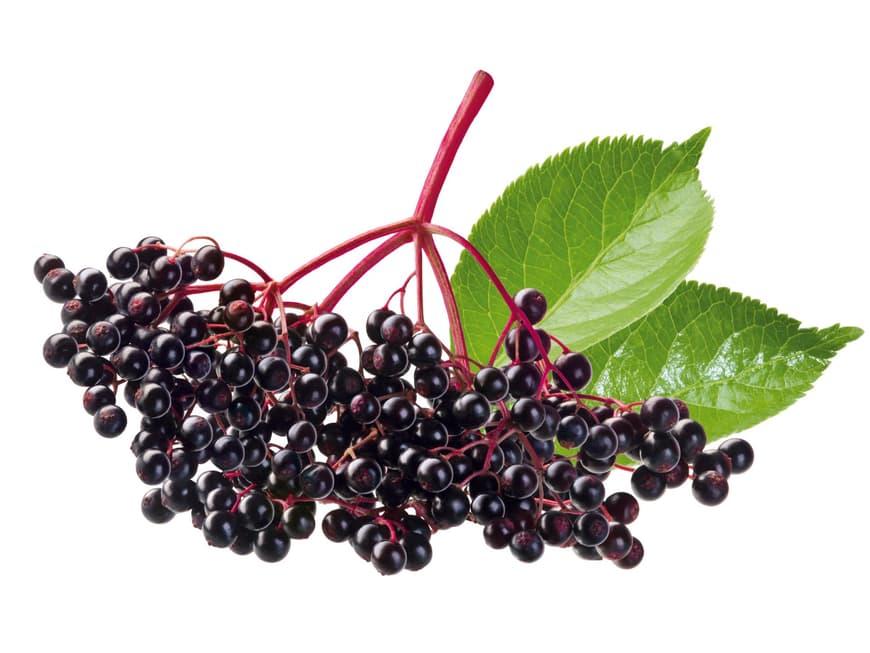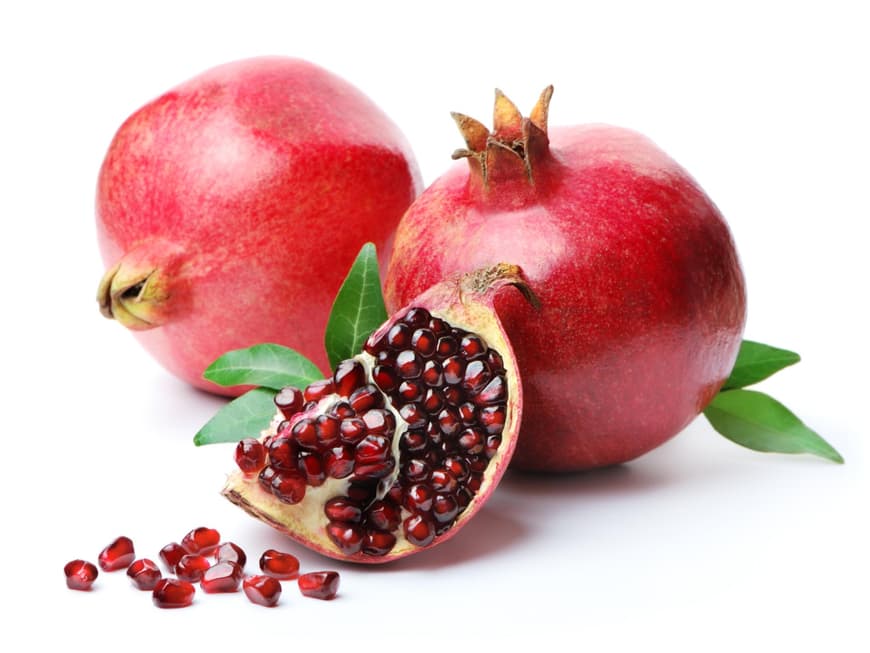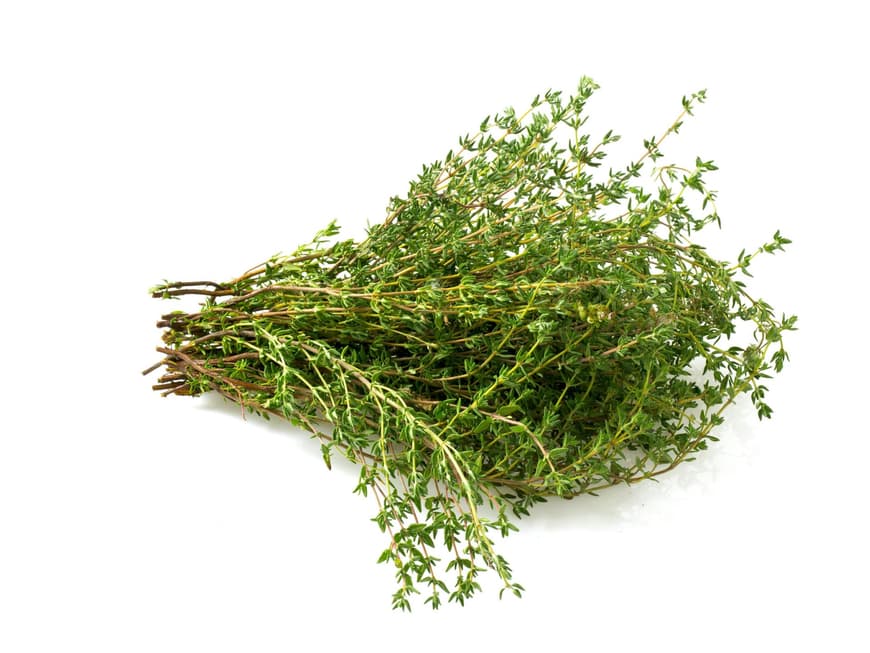Every year again: coughs, colds, hoarseness. But it doesn't always have to be heavy medication to get a cold under control or stay fit through the cold season. Sometimes a gentle kick from nature is enough. Even our grandmothers knew that berries, herbs and spices contain plenty of plant power.
But beware: although teas and remedies are gentler than traditional medicines, they are not always automatically harmless. Overdoses of certain herbs can trigger cramps, for example. Therefore, always stick to the specified quantities. And: herbal remedies need time to take effect - it is best to use them when the cold is already on the way. Important: If the symptoms do not improve after two or three days, please consult a doctor.
Rosehip strengthens the immune system
What's inside: The red fruits of the dog rose are little vitamin C bombs - 100 grams contain 1,250 mg of the valuable substance. They also contain a concentrated load of the red plant pigment lycopene, a 1a cell protector. What it does : They are traditionally used to strengthen the immune system and the body's defenses and are also great at preventing colds. Application: Spread on a bread roll or brew a tea. For one cup, pour 1/4 liter of hot water over 2 teaspoons of dried peel, leave to infuse for five to eight minutes, strain. Drink two to three cups a day as a cure.
Elderberries have an antipyretic effect
What's inside: Lots of healthy goodness in a double pack: the ripe berries are packed full of the antioxidants vitamin C and beta-carotene. And the flowers contain flavonoids and essential oils. How it works : juice and tea have a diaphoretic effect, heat up the body and help to sweat out colds and reduce fever. How to use: A glass of warmed juice or two cups of tea over two weeks.
Thyme soothes stubborn coughs
What's inside: The essential oil with the substance thymol or carvacrol with tannins and flavonoids is medically effective. What it does: Thyme is a tried and tested cough suppressant, as it can loosen stuck mucus and makes it easier to cough up. It has an antispasmodic effect and soothes irritated bronchial tubes. Also used for whooping cough. Application: Available as pastilles, drops and tinctures. For tea drinkers: take a maximum of 3 cups a day as a cure. Taboo for pregnant women.
Eucalyptus clears the airways
What's inside: It is not for nothing that the Australian Aborigines refer to the eucalyptus tree as the "fever tree". The essential oil from the leaves has a cooling, but also antispasmodic effect, liquefies mucus and slows down the growth of viruses and bacteria. What it does: Eucalyptus oil is an all-rounder. It is used against flu-like infections, relieves pharyngitis and clears the nose in the event of a cold. Application: As a cure, put one to three drops on a piece of sugar once a day and swallow (not for stomach problems). For inhalation, add three or four drops of oil to a bowl of hot water (up to twice a day). Or rub cold balm on your chest or back.
Pomegranate protects against infections
What's inside: The seed oil is a good source of antioxidant substances such as polyphenols, which put free radicals out of action. It also contains the rare punicic acid, a polyunsaturated fatty acid that has an anti-inflammatory and regenerative effect. What it does: Pomegranate can strengthen the immune system. According to a Texas study, the seed oil is said to block the spread of flu viruses or kill viruses. It is also said to help you recover more quickly after an infection. Application: Anti-cold cocktail: mix 2 pomegranates, 1 piece of ginger, 1/4 lemon and 1 tbsp honey. Alternatively, use juice or ready-made sachets.
Aniseed and cinnamon stimulate digestion
What's inside: The fruit of the star anise is a source of antispasmodic essential oils and anti-inflammatory flavonoids. Cinnamon bark and oil have an antispasmodic but also warming effect. What it does: The spice star anise can help with bronchitis and coughs. If you have overeaten on snacks, it has a digestive effect. Cinnamon also relieves bloating - it boosts a sluggish metabolism. Use: Star anise and cinnamon are found in yogi tea, among other things. Adults can eat eight cinnamon stars a day, children four. Look out for Ceylon cinnamon - it is free from coumarin, which is harmful to the liver.
Spruce needles relieve tension
What's inside: The essential oil, which has an expectorant effect and promotes blood circulation, is extracted from the fresh shoots of the coniferous tree. What it does: Spruce needle oil helps you breathe easily and is used to treat respiratory diseases. It also clears the mind and quickly relieves cold-related tension. Application: It can be rubbed in or inhaled. It softens tense muscles in bath water. For a full bath, mix five drops of essential oil with 2 tablespoons of cream. Or use a ready-made preparation. A dollop of spruce honey in hot milk can soothe a sore throat.









